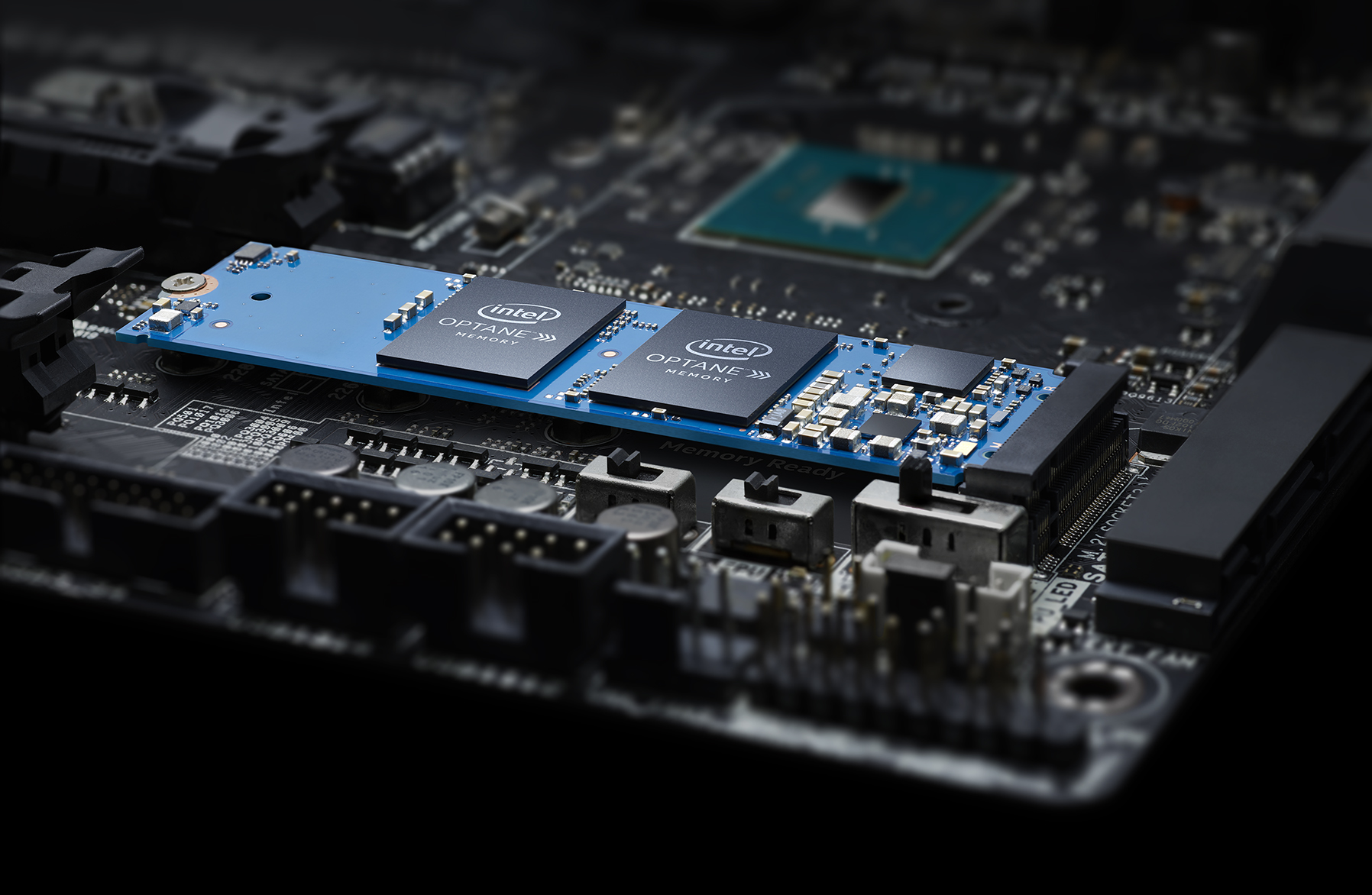Intel’s Optane Memory has a catch with budget processors
Low-end Kaby Lake CPUs won’t work with the new tech

Intel launched its Optane Memory – which acts as a small turbocharging cache for a traditional hard disk for an SSD-like speed boost – earlier this week, but a caveat we were unaware of has emerged: the product won’t work with low-end Kaby Lake processors.
As we reported previously, the base requirements for Optane Memory is an M.2 storage slot (which the memory stick plugs into), an Intel 200 series chipset motherboard, and a Kaby Lake (seventh-generation) CPU.
However, as Tech Report spotted, the official list of requirements on Intel’s Optane website stipulates that users must have a Core i3, i5 or i7 Kaby Lake processor.
That’s an important distinction, because it leaves non-Core family CPUs out in the cold, even if they are the latest seventh-generation. This means Pentium and Celeron models, and on the laptop front the Core Y-series (which were referred to as Core M pre-Kaby Lake), isn’t supported by Optane either.
Pentium problems
Clearly, then, if you’re building a budget PC, and were thinking of boosting a large hard drive’s speed with 16GB of Optane Memory, this is an issue to bear in mind.
For those building from scratch, a truly budget Pentium processor, that doesn't cost much more than £50 (around $60, AU$80), won’t work with Optane, and if you want speedier boot times and system performance, you’ll have to take the traditional route of a small separate SSD to go alongside that big hard drive.
That said, a base Core i3 isn’t exactly expensive, either – you can pick one up for just over £110 (around $135, AU$180) at the time of writing. But sometimes, with extremely tight budget builds, every pound (or dollar) counts.
Sign up for breaking news, reviews, opinion, top tech deals, and more.
The other point to bear in mind is that those who own a PC with an existing Kaby Lake Celeron or Pentium processor won’t be able to do a quick Optane upgrade to supercharge their large spinning hard disk. Not unless they upgrade the CPU as well, and that really isn’t going to be economical compared to simply plugging in an SSD.
Of course, we’re assuming here that when Intel says ‘requirements’ for Optane, these are hard requirements, as opposed to a lack of official support which might mean that Optane could still work with these budget CPUs (even if it’s something Intel doesn’t recommend). From what we can see here though, that isn’t the case.
Via: Digital Trends
- Thinking of simply getting an SSD? These are the best SSD deals
Darren is a freelancer writing news and features for TechRadar (and occasionally T3) across a broad range of computing topics including CPUs, GPUs, various other hardware, VPNs, antivirus and more. He has written about tech for the best part of three decades, and writes books in his spare time (his debut novel - 'I Know What You Did Last Supper' - was published by Hachette UK in 2013).